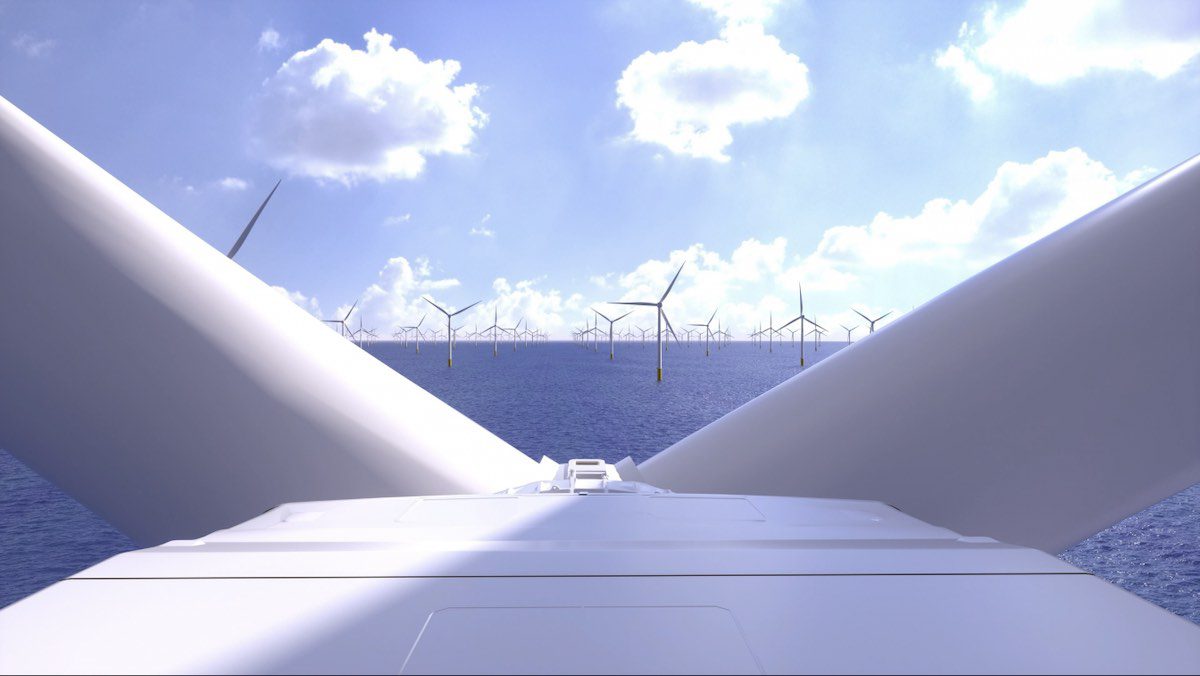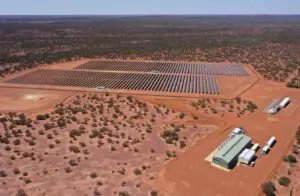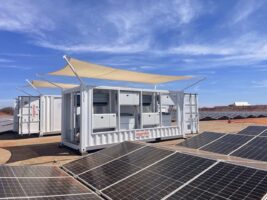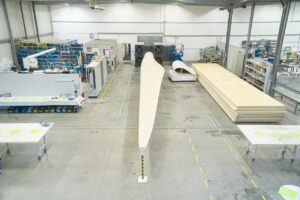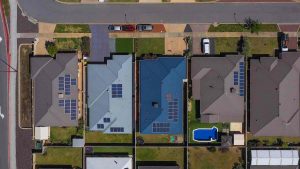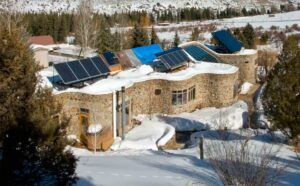Early scoping work has begun on Dogger Bank D, the fourth phase of the world’s largest offshore wind farm, with a planned capacity of 1.32GW, bringing the total capacity of the project to just under 5GW.
Norwegian energy company Equinor and British renewable developer SSE Renewbles announced this week that they had begun early scoping work to explore options for developing the Dogger Bank D.
Equinor and SSE Renewables, each of which owns 50% of the proposed Dogger Bank D development, will need to acquire a new development consent order to progress into construction.
If they receive said approval, Dogger Bank D could add 1.32GW of new wind energy capacity to the 3.6GW already in construction with phases A, B, and C.
The developers plan to publish an initial scoping report in late March which outlines ongoing work to explore the technical feasibility of the project.
Located off the Yorkshire coast on the Dogger Bank sandbank in the North Sea, Equinor and SSE Renewables are exploring two options for the energy generated by the proposed Dogger Bank D project – either connecting to an onshore grid connection, or to a green hydrogen production facility.
Connection to the grid would likely mean generating enough renewable energy to power more than two million UK homes.
Connecting the wind farm to a dedicated electrolysis plant would play into plans by Equinor and SSE Thermal (a sibling company to SSE Renewables) to accelerate the decarbonisation of the Humber region, the UK’s largest and most carbon-intensive industrial region.
Taking the green hydrogen route would likely result in the development of the UK’s largest green hydrogen project.
“We’re in the early stages of looking at the technical feasibility of the grid and also hydrogen options for a potential fourth phase of Dogger Bank Wind Farm,” said Oliver Cass, Dogger Bank Wind Farm project director.
““Not only is this project a great opportunity to generate more affordable green energy for UK consumers and increase the resilience of our energy networks, it would also build on the economic and social legacy started by the first phases of the project which have created and supported thousands of UK jobs and resulted in more than £1 million being invested in coastal communities.”
Dogger Bank A and B will both feature 13MW Haliade-X wind turbines from GE, while Dogger Bank C will be using 14MW Haliade-X turbines.
If Dogger Bank D goes ahead, it will likely end up also using 14MW Haliade-X turbines, unless GE has managed to launch an upgraded model.
“Optimising the Dogger Bank C lease area with an additional phase, Dogger Bank D, is in-line with Equinor’s strategy to further develop offshore wind projects in clusters such as the North Sea,” said Halfdan Brustad, VP Dogger Bank at Equinor.
“We are pleased to continue our collaboration with our partners, SSE Renewables, and work together to mature the technical scoping of this project.
“Both the grid offtake and green hydrogen production options from Dogger Bank D would contribute to the UK’s net zero ambitions and emphasise Equinor’s ability to deliver a broad energy offering to the UK.”

